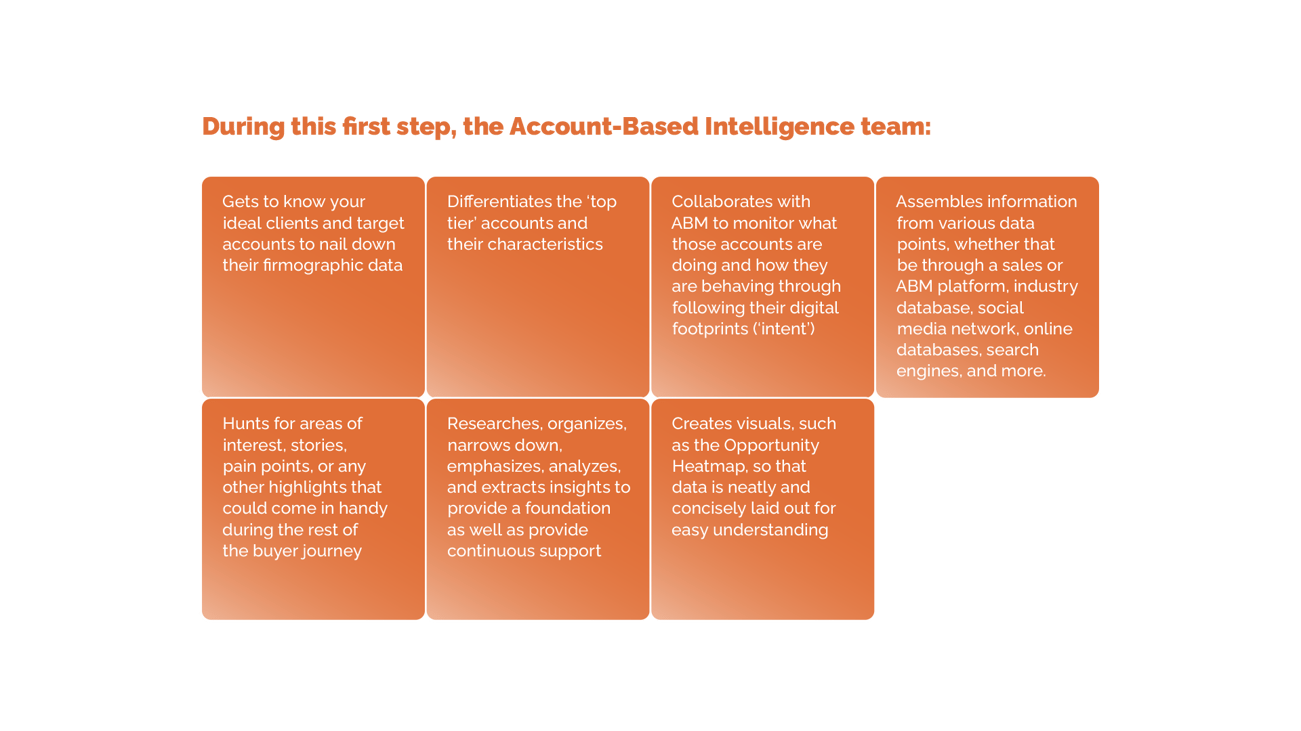Importance of Customer Experience – Part 2
Where there is a will… The changes in economic currents are inevitable. Sometimes they are relatively predictable, signs hinting at an upcoming...

The world we live in holds many challenges both in our private lives and in terms of business. Naturally, extremes such as the Covid-19 pandemic and modern-day wars torment the market and create situations that require business leaders to look for new strategies to cope and survive. However, even amidst the economic turmoil, pioneers and professionals always found a way to successfully overcome obstacles and this rule applies to the current challenges as well. In the last few years, many have already recognized that one of the strategies that prove to be exceptionally effective is the improvement of customer experience (CX).
It is time to dive into a discussion about what happened in the past years and explore exceptional strategies for coping. Through the observation of the past, we may learn a lot about the nature of the market in economic crises while discovering a lot about your own organization as well.
Communities and organizations have never been completely immune to changes. Undoubtedly, 2022 is a year of many challenges in terms of economics, inflation, and perhaps recession being the greatest threat among them all. However, all these happenings are not unprecedented: a similar situation to the current COVID-19 pandemic took place when the Spanish flu, a.k.a. H1N1 influenza A virus, claimed a frightening number of victims at the beginning of the 1920s. Unfortunately, it is not only medical disasters that seem to repeat themselves, but so do wars and recession times too. In this paper, we are going to take a closer look at the Great Recession, one of the most devastating impacts that ever hit the market, and explore how certain companies managed to not only survive but to come out stronger than ever.
Although the crisis in 2008 felt to be raining down first on the US nation unexpectedly for many - shortly followed by many countries across the globe - there were several preceding signs and errors that were not properly considered leading up to the tragic outcome. As Ohanian suggests, ‘poorly designed economic policies enacted in response to early stages of the financial crisis significantly contributed to the Great Recession by distorting incentives and increasing uncertainty’. These inappropriate policies and bail-out attempts by the US government were the inducers of many immediate and even long-term effects that countries feel to this date. One of the first symptoms of the disaster manifested in the appearance of the housing market bubble and in the situation of financial institutions, especially investment banks that offered loan servicing, e.g., the Lehman Brothers. Because of the number of high-risk mortgage bundles reaching an overwhelming amount, the latter bank founded in 1850 finally collapsed and had to file bankruptcy in 2008, with many other companies following suit. The stock market has crashed, and unemployment rates soared like never before.
In the long run, unemployment continued to trouble countries across the oceans with Europe fearing hyperinflation caused by the US government printing currency to mitigate the damage. What is more, the recession ‘created a great divide between top 20% earners who gained more assets than they did before while bottom 80% lost a significant amount of net worth…’, as written in the article of Documentary Forest. Apart from acknowledging the obvious repercussions of the Great Recession, we should also emphasize the statistics, and that 20% were able to successfully weather out this period. Similarly, each crises have champions who grew against all odds. How did they do it? Why did it work for them? Let’s find out!
In general, we may state that recession times are good for starting businesses. Start-up companies that were founded in difficult periods tend to do exceptionally well and become resilient, a few examples being Groupon, Warby Parker. According to hubspot.com, their success lies in the fact that ‘they usually fill a need and can spend less money because of discount prices’, in Warby Parker’s case, it was the online selling of affordable pair of glasses. Moreover, this notion of fulfilling needs very often manifests in paying great attention to customer needs. Providing a satisfying customer journey is a key factor in B2C, and now it is also dominating the B2B environment.
Others seemed to rely heavily on marketing which focuses on the customer data, using it to provide the right amount of outreach, in the right time and place. Take the instance of Citigroup who ‘started supporting certain community services which helped with their brand story’, as quoted from HubSpot’s article. Owing to that, they were the only bank able to grow in assets ever since the 2008 turmoil, while other financial institutions were still struggling.
One last example worthy of discussion is the case of Mailchimp. Apart from the fact that it was founded in a crisis as well - not in 2008, but in 2001 - their ability to adapt to certain trends is what makes them true and successful survivors. During the time of the Great Recession, they changed their business model completely, becoming a ‘freemium business’, and as hubspot.com finds, ‘their revenue soared after that’. Mailchimp knew they had to be up to date with relevant methodologies on the market to soar, and this strategy is still a great way to survive hard times – acting on trends is influencing the life of businesses to this day. It is important to note that the B2B landscape is in constant change, and different trends surface - one of them being the emphasis on CX.
To conclude, we found three main factors that might define the triumph of outstanding companies in times of uncertainty:
These three may come as useful pointers applying to today’s economic crisis as well, however, times and trends are quite different for the present.
The control is in our hands, and we can make a real difference! Interested in learning more about game-changing strategies and trends that may define your future?
Take a look at CX article Part 2 for an insightful study about the rising importance of customer experience in the B2B environment.

Where there is a will… The changes in economic currents are inevitable. Sometimes they are relatively predictable, signs hinting at an upcoming...

Introduction Although changes are governed by various factors, rapid industry evolution never stops. Whether internally or externally induced,...

The business world is shaken by the repercussions of current events and those in the near past. With our economic conditions becoming more and more...

Transformation is Key Transition projects can offer an excellent opportunity for growth and expansion while complying with current business trends...

Businesses across different sectors and industries are facing hardships amidst the economic haze that has been looming over the world from the...

Strategic Investment in Technology In the ever-evolving landscape of business, the journey from product ideation to market success is riddled with...

TOPO’s “2019 ACCOUNT BASED BENCHMARK REPORT” – which included 150 account-based organizations - showed that every participant reached or exceeded a...

Discussion on how some technology enterprises are capitalizing on the downturn.

If you’ve clicked on this article, there’s a fair chance you are considering outsourcing your sales, marketing, customer success and overall revenue...

Today’s sales and marketing teams don’t have access to the right data to know which accounts to pursue, and what to say. They’re forced to rely on...

“Every company wants to increase revenue.” That’s a pretty safe and agreeable statement to make.

Spam isn’t just unwanted email. It’s any uninformed, irrelevant interaction. It wastes your time and money. And annoys the buyers you were hoping to...